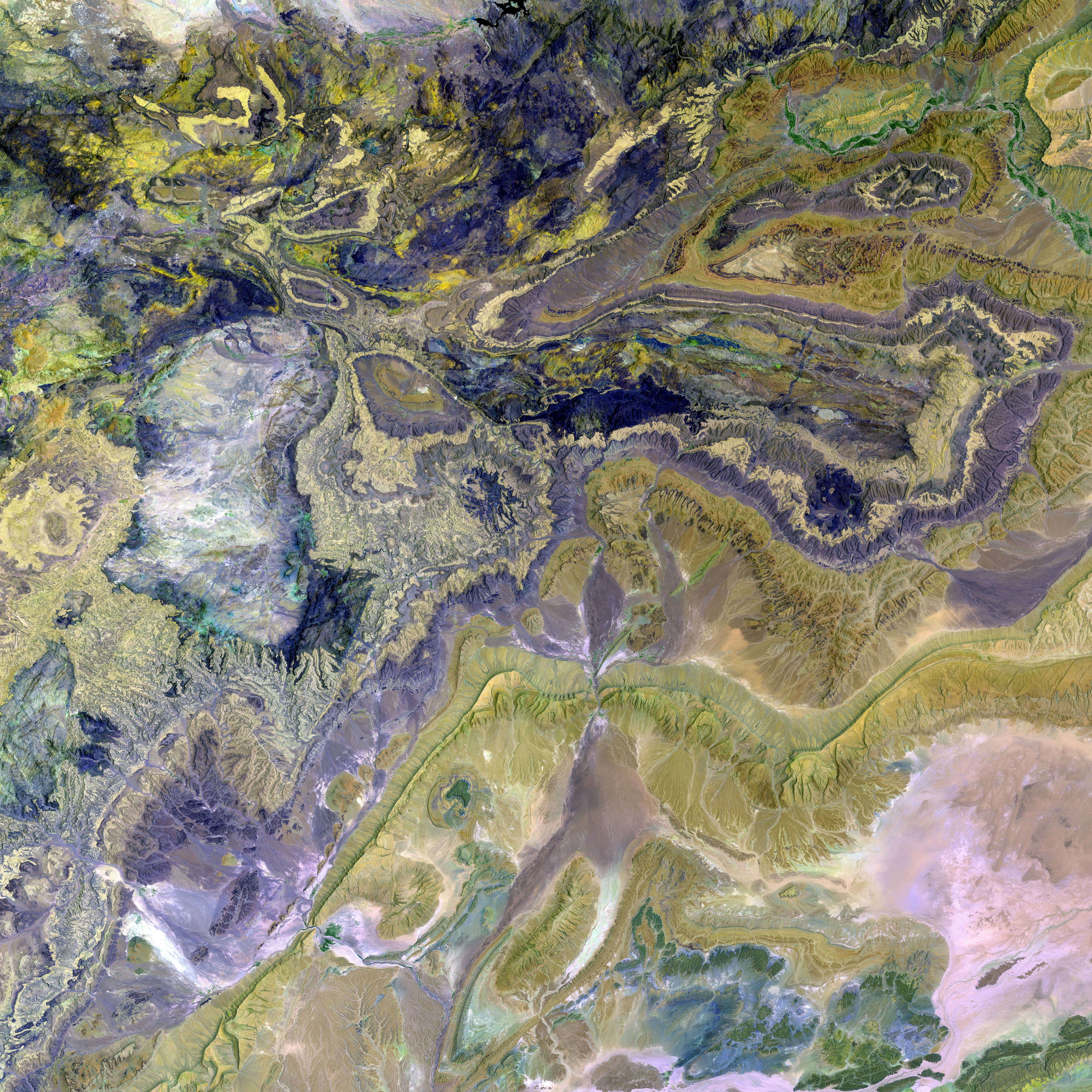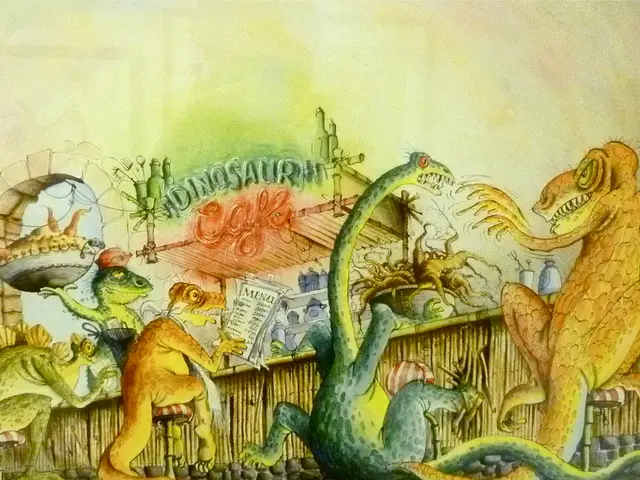Pro-India individuals advocate for avoidance of travel to Turkey amidst India-Pakistan conflict
Indians are urging their fellow citizens to boycott Turkish tourism and products following the country's alleged military support to Pakistan during a recent conflict. Citing diplomatic disputes, social media users are moving to boycott brands like LC Waikiki, DeFacto, Koton, Mavi, Beko, Vestel, Turkish Airlines, and many others, and are also expressing their preference for visiting Greece instead.
The naturally escalating geopolitical tensions between India and Pakistan are at the core of this movement. Turkey's perceived alignment with Pakistan has spurred a backlash in India, with the general public and travel industry reacting strongly to Turkey's support for its neighbor. A surge of nationalist sentiment has ensued, with widespread calls to boycott Turkish products, services, and travel.
Social media platforms have seen a significant uptick in calls to boycott Turkey and Azerbaijan, as Indians perceive these countries as siding with Pakistan against India. Indian travelers and travel agencies report a steep drop in bookings to Turkey, with nearly 80% of bookings either being cancelled or postponed, and a reported 300% plunge in summer travel reservations.
In an attempt to quell the matter, Ankara's Department of Tourism released a statement reassuring Indians of their welcome to visit Turkey. They maintain that most Turks are unaware of India and Pakistan's recent diplomatic crisis, and that it is safe for Indians to travel to the country.
However, the calls for boycott continue to echo on social media, with user-generated content promoting tourism to Greece. One user stated, "This is Greece. It's beautiful. It's the arch-rival of Turkey. They vocally support us, while Turkey supplies weapons to Pakistan to attack us. Travel to Greece, not Turkey. Give business to our friends, not our enemies. It's the bare minimum you can do for the country."
Another user added, "Those who go to Turkey and Azerbaijan are traitors to India. Just keep it in mind." The hashtag #BoycottTurkey flooded several platforms in protest against the country, stemming from Turkey’s expressed support for Pakistan during a deadly militant attack in Kashmir's Baisaran Valley, which killed 26 Indian tourists.
The boycott takes a toll on the economic and aviation ties between India and Turkey, with Indian companies, universities, and e-commerce platforms severing ties with Turkish firms and the Indian government revoking security clearance for the Turkish ground-handling company Çelebi.
As the diplomatic tension subsides, it remains to be seen how long this boycott movement will persist. In a Twitter post, historian Ashok Swain criticized the boycott movement, pointing out that out of the 526 million tourists who visited Turkey in 2024, only 3 million were from India, underscoring the minimal impact Indian tourism has on the Turkish economy. Yet, it is evident that geopolitical events can have a profound influence on economic and social relations between nations.
- The recent conflict between India and Pakistan has led to a surge in political discussions on social media, with Indians urging a boycott of Turkish tourism and products due to the country's alleged support for Pakistan.
- The travel industry in India has reported a significant drop in bookings to Turkey, with many opting instead for Greece, which is seen as a country that vocally supports India.
- A wave of nationalism has emerged in response to Turkey's perceived alignment with Pakistan, leading to widespread calls to boycott Turkish products, services, and travel.
- Amidst the boycott, the Turkish government has tried to reassure Indians of their welcome, stating that most Turks are unaware of the recent diplomatic crisis between India and Pakistan.
- In the midst of this movement, user-generated content on social media is promoting tourism to Greece while criticizing Turkey for supporting Pakistan, who they claim supplied weapons that were used to attack Indian tourists.
- The boycott has also affected economic and aviation ties between India and Turkey, with Indian companies, universities, and e-commerce platforms severing ties with Turkish firms, and the Indian government revoking security clearance for the Turkish ground-handling company Çelebi.
- The boycott movement, sparked by geopolitical tensions, has called attention to the potential impact of political events on economic and social relations between nations, with historians like Ashok Swain emphasizing that even though Indian tourism to Turkey is minimal, it can still have a profound influence on the Turkish economy.








